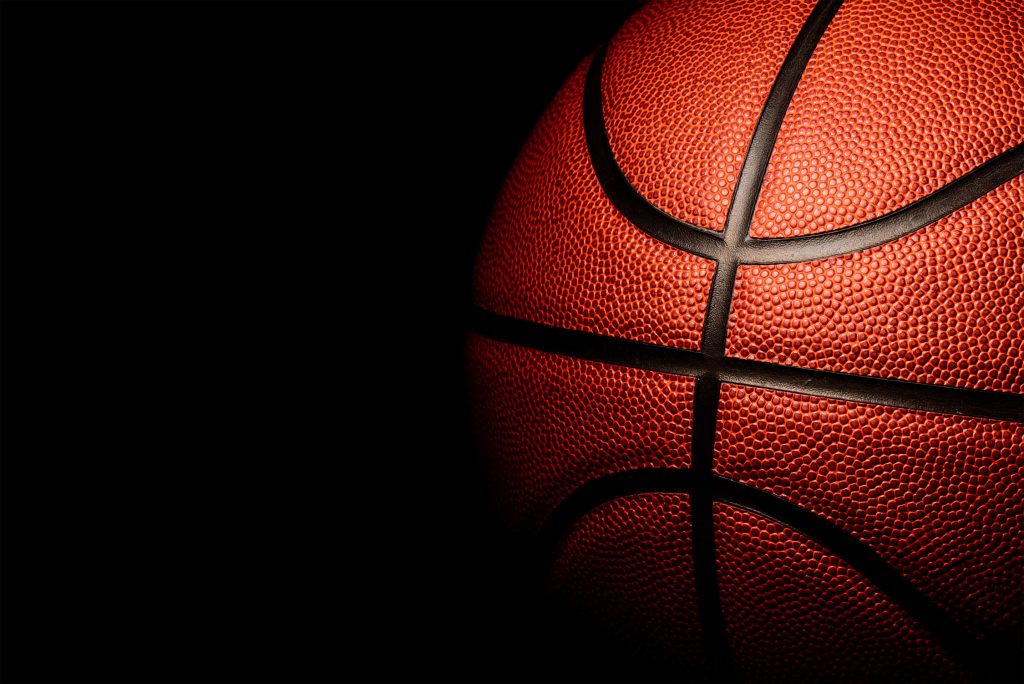Business Day Business Of Sport
The Power Of Tech In The Modern Era
On April 4, the New York Mets beat the Philadelphia Phillies 4-2 at the Citi Field in Flushing, New York in front of 21 328 fans. Around the United States, 80 000 tuned in for the first exclusive streaming of a Major League Baseball match on Facebook.
It was another step in the slow and seemingly inexorable march of big tech companies into the realm of live sports. One day, they are predicting in the US, all sports will be broadcast this way. Facebook, Amazon and Google are coming for live sports. They have the audience and, more importantly, they have the money.
Facebook’s deal with the MLB – the first digital-only broadcast deal signed by the League – cost a reported $30-35million for 25 weekday matches to be shown on Facebook Watch, the video feature launched last August. Their debut in New York was not a resounding success. Rain delayed the start, there were streaming issues, older fans with no computers and those with no Facebook accounts were furious they could not tune into their television sets to watch. Veteran US sports broadcaster, Keith Olbermann, tweeted: “The @facebook telecast Mets-Phillies game is LOL-bad. Epically amateurish and tedious. If you want to put it online and cover it with gigantic pointless graphics and inane commentary, have fun. But don’t make it exclusive. The world is fleeing Facebook; MLB is embracing it?”
Olbermann is sharp and funny, but using social media to criticise another social media’s first solo attempt at broadcasting sport carries no small irony. Facebook has just begun. Twitter is already on the game. Amazon are chasing them. Sports rights holders are not fleeing them. They are waiting patiently for the march of the tech giants, having noted that all of them are putting a massive focus on their video offerings. Amazon Prime has over 100-million users. The audience is there.
The big tech firms are being careful with their acquisitions, and they are being smart. In June, Twitter agreed a partnership with Uninterrupted, the site owned by basketball superstar LeBron James. According to Nielsen Sports, “the deal sees Twitter air a Crown Royal Canadian Whisky-sponsored halftime show for games one to three of the championship series between James’ Cleveland Cavaliers and Golden State Warriors. ‘Halftime is Uninterrupted’ is available to Twitter users worldwide, and includes commentary from pro athletes and influencers during each of the three shows, highlighting top NBA Finals tweets and interviews from NBA Twitter personalities.”
It is, according to Devin Johnson, president and chief operating officer at Uninterrupted, a show that gives an “irreverent perspective on the game, through the lens of those that play and create the culture around basketball”. Or, as Twitter’s TJ Adeshola, head of US sports league partnerships, puts it: “Uninterrupted will deliver authentic storytelling directly from influencers to drive #NBATwitter conversation during halftime of the Finals.”
“Content is king” is a constant refrain in this social media age. Kelvin Watt, the Regional Managing Director of Nielsen Sports in Africa and the Middle East, has 20 years of experience in the South African sports industry, and believes the James-Twitter deal is the way forward. “At halftime, instead of a studio analysis, Twitter broadcasts LeBron James. You get your commentary from LeBron James and his mates. It’s a massive broadcast sponsorship. Imagine having the choice where you don’t have to listen to the broadcaster at halftime, you can get it from a group of celebrities.”
The digital disruption will be incremental as they continue to pick away the big-money deals signed between broadcasters and rights holders such as the NFL, NBA and MBL in the United States, and, locally, SANZAAR (which includes the South African Rugby Union), the PSL and Cricket South Africa. An American analyst, Daniel Ives, the head of technology research at GBH Insights, said in March that the next 12-18 months would see just how serious the tech companies are.
“In 2021, the year when the NFL, MLB and NHL media rights deals mostly end, it will be the first major opportunity for Amazon, Facebook and other major tech streaming platforms to potentially bid on some of these rights versus the likes of traditional entrenched media/cable players,” said Ives.
“We believe original content programming spend could approach between $1-billion to $1.5-billion over the next year for Facebook with a sizeable portion of this dedicated to live sports programming rights for various NCAA, MLB, potentially NFL events, and other international events. With Amazon planning to spend $5-billion-plus on content in 2018 based on our estimate, we believe the company’s deep pockets, 100 million Prime members and growing, and established streaming franchise make it a potential major disruptive force to future live sports rights.
“We will be watching this sports content battle closely over the coming year, as well as the success/engagement from the Facebook MLB endeavour, as it could be a sign of things to come with streaming platforms playing a bigger role in global professional sports broadcasting rights in the years ahead and potentially shaking up this market, while adding a major notch on the content belts of Amazon, Facebook and other new tech entrants to this arena.”
Rupert Murdoch, the Australian media mogul who disrupted the American sports market when he entered it with Fox, put it more succinctly when he said: “The one that’s coming at sport is Facebook. We don’t know which country they’ll go after or what they’ll do.”
Twitter was the first to make a foray into the market, when it won the streaming rights to the NFL’s Thursday night matches. Amazon took those rights from them for 2017-18, and now Twitter, YouTube, Amazon and Verizon are competing against each other for next season. YouTube has Major League Soccer rights, which includes exclusive online and broadcast rights to Los Angeles FC. Amazon Prime took US Open tennis rights from Sky. Facebook has teamed up with a broadcaster to show UEFA Champions League matches, and also show WWE wrestling. Earlier this year, they tried to buy the rights to the Indian Premier League with a bid of $600-million, which was some way short of the winning number. Facebook has also employed Peter Hutton, the former chief executive of Eurosport, who will be in charge of buying sports rights.
Is this the future of sports “broadcasting” in South Africa? Cell C offer Fox Sports channels as part of its “black” package for R100 a month with no data costs. SuperSport stream content for subscribers and unlocked the UEFA Champions League final for free streaming in May. Kwesé has entered the South African market with an offering that includes international football and basketball, among others. But, the prohibitive costs of getting on the internet in South Africa may mean that rights holders will stick with television for some time to come.
Sports rights are expensive – ESPN spent $8-million last year – and advertisers may still be attracted to the reach of free-to-air television, but big tech companies are sniffing around, crunching the numbers and biding their time. As NBC News wrote on their own site in March: “It’s not if Facebook, Amazon and Google will come for your live sports. It’s when.”






 Sign-up and receive the Business Media MAGS newsletter OR SA Mining newsletter straight to your inbox.
Sign-up and receive the Business Media MAGS newsletter OR SA Mining newsletter straight to your inbox.